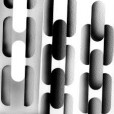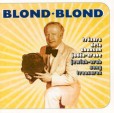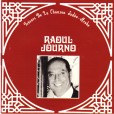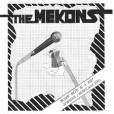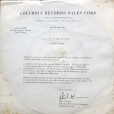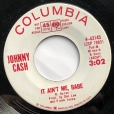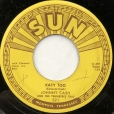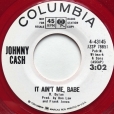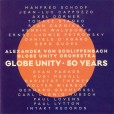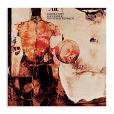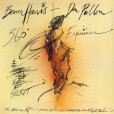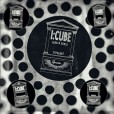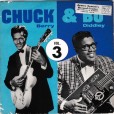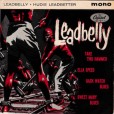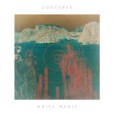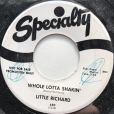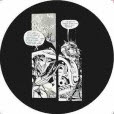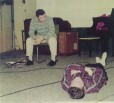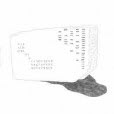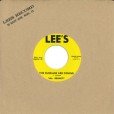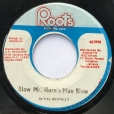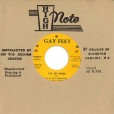Your basket is empty

A follower of the celebrated Cheikh El Afrite, young Raoul taught himself oud, and sang solo for his local synagogue choir — also drawing inspiration from the munchid singing of Sulamia, the largest Sufi brotherhood in Tunisia. In 1934, aged twenty-three, his first album was a smash. Maghreb audiences revered him for his fidelity to his own national traditions, undistracted by more fashionable Lebanese and Egyptian styles.
Ya Samra hymns a prettily-tattooed, blushing, date-flavoured brunette; in Aala Khadek the dirty rascal fancies himself to be a bee, closing in on the delicious nectar secreted in the beauty spot of his beloved.
Red vinyl.
‘First issued in 1985 by Hal Willner’s Shemp label. With its unconventional lineup featuring steel drums, Latin percussion, and French horns, along with the co-leaders’ drum-kit and piano, it is among the most wonderful outings of its decade. Pullen was in top form, his inside-outside approach to the keyboard perhaps optimally heard on the exuberant Double Arc Jake, where the bright melody suddenly breaks into pieces, snapping back into miraculous shape. The band includes Hamiet Bluiett on baritone saxophone and Ricky Ford on tenor saxophone, along with Buster Williams on bass, Francis Hayes on steel pans, and a special brass section led by Sharon Freeman on the seventeen-minute Goree.’
None other than Mick Harris from Napalm Death, and his deadly Midlands iteration of Detroit techno. Transatlantic motor-funk from the mid-nineties, when Brummie club-night the House Of God was alive and kicking. Still stinging.
Copper-bottomed rocksteady do-over of Take Five, by Buster’s go-to saxophonist. The title is nicked from a comedy film directed by Norman Jewison, out a couple of years beforehand in 1966.
Plus Glen Adams having a not so shabby go at an Eddie Holman, on the flip.
